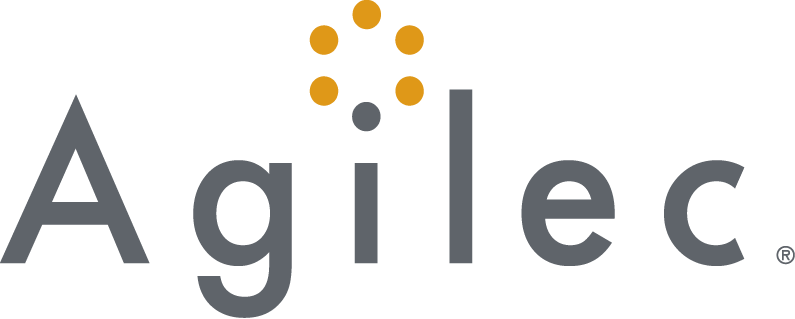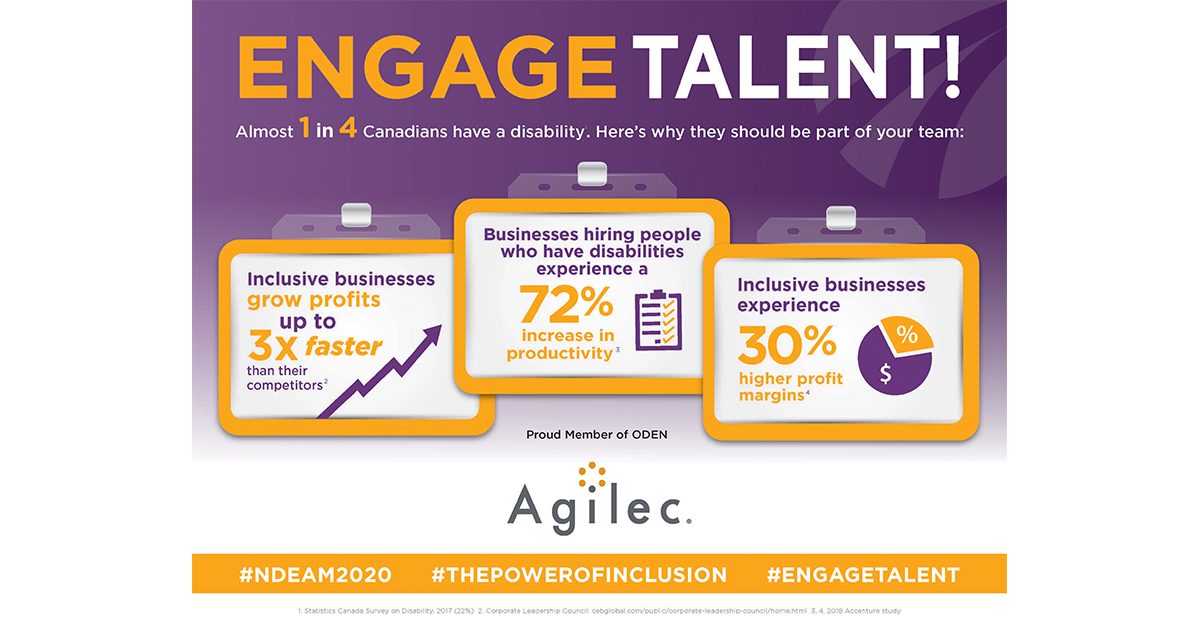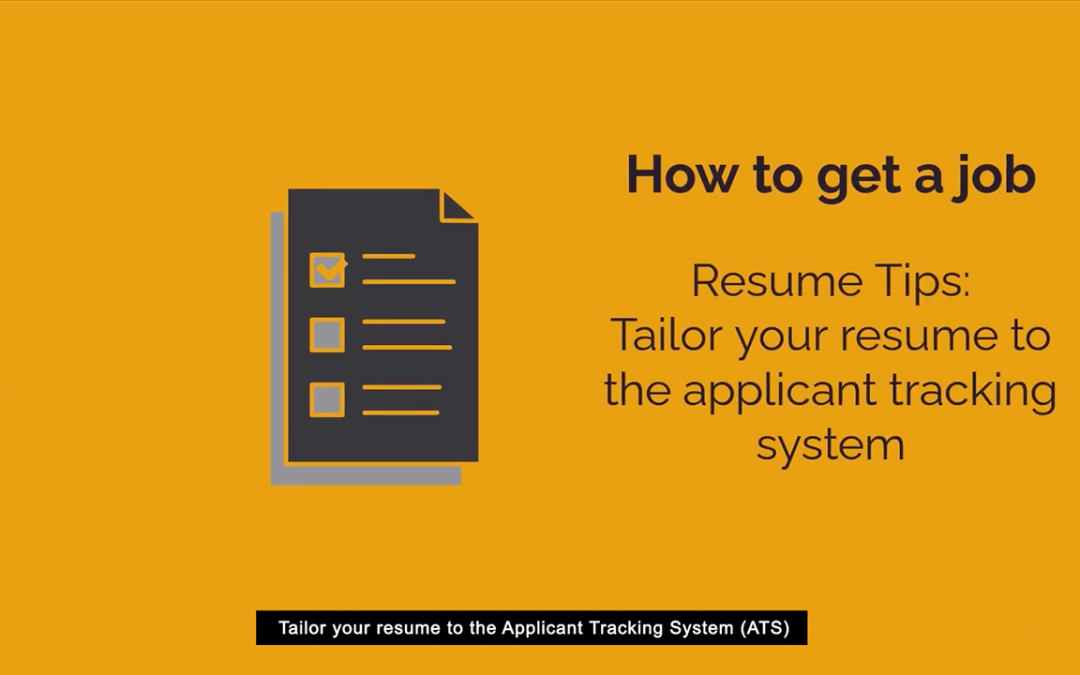Disability language can empower or exclude.
Sometimes people forget about the power of language and the unconscious bias everyone has — even if they don’t think they do.
In employment and the workplace, as the University of North Carolina Kenan-Flagler Business School has noted, unconscious bias “can stymie diversity, recruiting and retention efforts, and unknowingly shape an organization’s culture.”
So, it’s important to remember that words do matter. Especially when it comes to disability. How you say something is often more important than what you are saying. It affects how the message is received and perceived by the audience.
Here are two key things to always keep in mind — whether you’re writing a job posting; interviewing a candidate; or conversing in a Zoom meeting:
- How we talk and write about disability in mass communication (in the workplace, in the arts and culture, and in the media) is still a major issue in the societal exclusion – however inadvertent – of people who have a disability.
- There is no standardized disability terminology and language in North America. There are two predominant language preferences: Identity-first language and people-first language. For example, using the term “disabled people” (identity-first) instead of “people with disabilities,” “people who have a disability” or “persons with disabilities” (people-first).
This is why the recommendation is always:
- Ask the person first if you don’t know how they identify themselves, just as we now do with gender-inclusive language.
- When in doubt, choose people-first or identity first language.
- Consult a style guide. Generally considered the best comprehensive disability-language style guide in North America, is the one produced by The National Center on Disability and Journalism (NCDJ). It lists terminology; provides background about each word; and makes recommendations. The guide covers almost 200 words associated with disability.
The authors of a TD Economics report titled, Canadians with Disabilities: Seizing the Opportunity chose three small but very powerful words to describe people who have a disability in a way that’s not been heard often before:
- They termed job seekers who identify as having a disability, as “the secret weapon” for companies to successfully win “the war for talent and the fight against population aging.”
- Used the way they were by Derek Burleton and Brian DePratto in their TD report, these three small words have the power to tackle some myths and misconceptions about disability, and positively impact perceptions about employment of people who have a disability — an under-represented, underemployed segment of the population.
Here’s the key takeaway from this post: It’s right there in the headline — choose your words wisely, because disability language can empower or exclude. When you use a word, you’re expressing a value associated with it.
This article was supplied by ODEN





